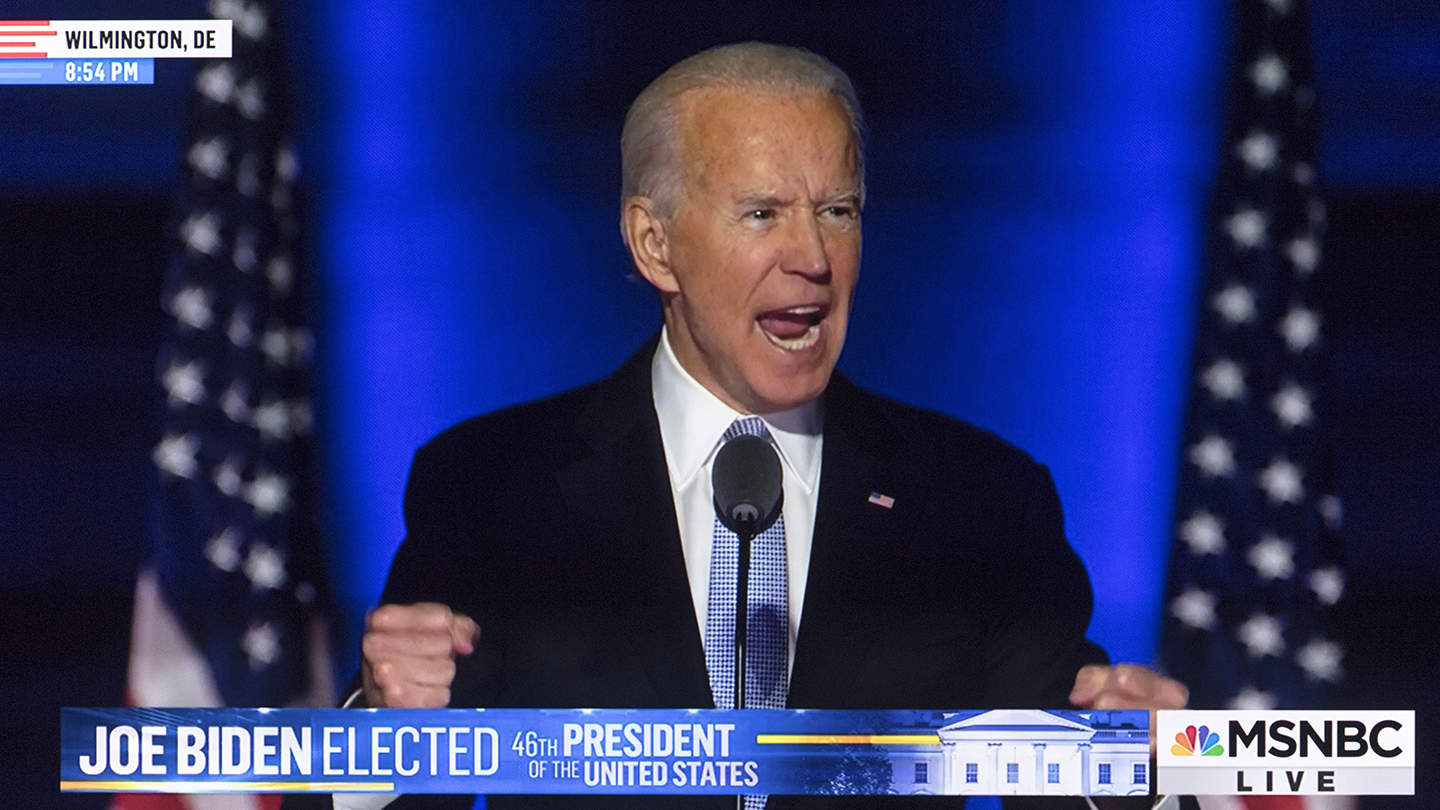General
The information and documents on this website are for information purposes only and shall not be considered as an offer nor as an invitation to subscribe to or to purchase securities or any other investment product, nor as advice within the meaning of the Markets in Financial Instruments Directive. In no event should it be considered as a solicitation of business or a public offer. As such the information and documents shall not serve as a basis for any kind of obligation, contractual or otherwise.
The information is based on sources that are deemed to be viable. Danske Bank endeavours to ensure that the information is accurate and up-to-date, and reserves the right to make corrections to the content at any time, without prior notice. However, Danske Bank cannot guarantee that such information is complete or that it has not been modified by an outside party, by means of a virus or system intrusion, for example. No information on this website may be construed as such a guarantee.
Liability waiverDanske Bank or any contributor to this website shall not be liable for any specific or consequential loss or damages that result from the access to or use of, or the inability to access or use, the materials on this website.
You are aware that the use and interpretation of this information requires specific and in-depth knowledge of financial markets and that you shall remain solely responsible for the information and results obtained on the basis of this information. Furthermore it is your responsibility to verify the integrity of any information obtained via the Internet.
Local restrictionsThe information on this website is directed at individuals and companies that due to their nationality, place of registered office, or domicile, or for other reasons are governed by the laws of a country that allows unlimited access to this website.
You are aware that you must ensure that you are legally authorised to access this website in the country from which you are making the Internet connection.
None of the information relating to financial instruments presented on this website, nor a copy of it, may be provided, distributed or transmitted in any way to third parties, in particular in the US, Canada or other jurisdictions in which such offers or sales promotions are not allowed, without the prior written permission of Danske Bank.




.png?h=70&iar=0&w=70&rev=c7972b934bdc4f53bd1d322e4bc5984c&hash=06CE2A1C9366967C0E72E2133E5B2305)